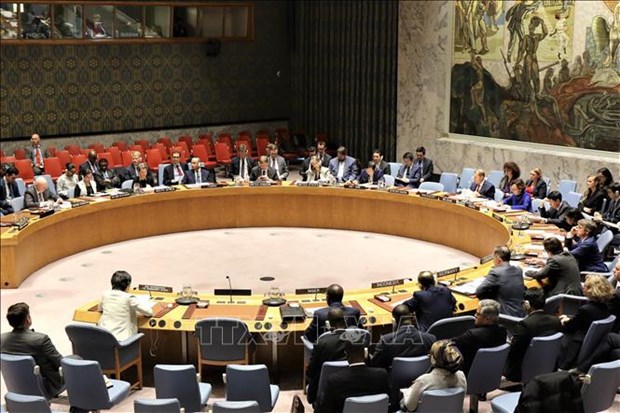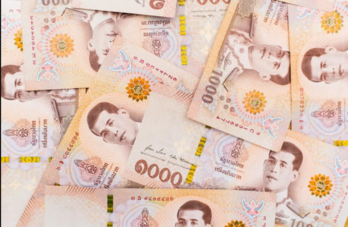
At the event (Photo: VNA)
The briefing took place to mark the 25th anniversary of the Comprehensive Nuclear‑Test‑Ban Treaty’s opening for signature in September 1996. It saw the attendance of UN High Representative for Disarmament Affairs Izumi Nakamitsu and Executive Secretary of the Comprehensive Nuclear‑Test‑Ban Treaty Organization (CTBTO) Robert Floyd.
According to Izumi Nakamitsu, the Treaty has since achieved near‑universal adherence, with 185 signatories and 170 ratifying States, making it one of the most widely supported treaties not just in the disarmament and arms control field but in multilateral diplomacy.
Many speakers emphasised the importance of upholding a moratorium on nuclear testing, urging the States that have not done so to sign and ratify the Treaty.
In his speech, Ambassador Quy, Permanent Representative of Vietnam to the UN, attributed achievements related to the Treaty to commitments and joint efforts of the international community regarding nuclear test ban, non-proliferation of nuclear weapons and nuclear disarmament.
The diplomat noted despite the existing moratoria, the Test‑Ban Treaty’s non‑entry into force leaves the door open for further possible nuclear testing in various forms.
For the interests of humans and the environment, he called on all States that have not yet done so, particularly the Annex 2 States, to sign and ratify the Treaty.
He said Vietnam is a party to the Test‑Ban Treaty, Non‑Proliferation Treaty and the Treaty on the Prohibition of Nuclear Weapons, as well as the Treaty on the Southeast Asia Nuclear Weapon‑Free Zone (Treaty of Bangkok).
Expressing support for the inalienable right of States to develop research, production and uses of nuclear energy for peaceful purposes, Quy also called for further assistance to developing countries in using data from the international monitoring system for other socioeconomic development applications.
Vietnam signed the Treaty on September 24, 1996 and ratified it on March 10, 2006./.
VNA
 IMF predicts Thai growth at 1.6% for 2026
IMF predicts Thai growth at 1.6% for 2026



